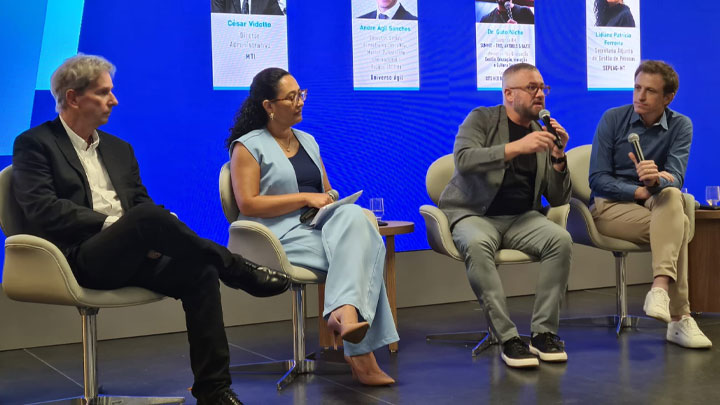OpenAI released a research paper on measuring and reducing political bias in its large language models, stating that ChatGPT should be devoid of bias in any direction to maintain user trust as a learning tool.
However, the paper itself does not define ‘bias’ and instead centers on behavioral axes like personal political expression, mirroring of charged language, asymmetric coverage, invalidation of opposing views, and refusals to engage on political topics.
The work is framed as part of the Model Spec principle ‘Seeking the Truth Together,’ but reviewers note the practical aim is not truth-seeking; it’s to shape ChatGPT into a more neutral information tool. In tests, OpenAI found ChatGPT reportedly echoes liberal-leaning prompts more often than conservative prompts, and adjusted to dampen that tendency.
OpenAI lists five bias axes: personal political expression, user escalation, asymmetric coverage, user invalidation, and political refusals, which collectively measure behavior rather than accuracy or balanced information. Critics say this skews the model away from engaging with tough questions while preserving apparent objectivity.
Meanwhile, observers note the broader context: government actions and policy debates have heightened scrutiny of ‘neutral’ AI, including headlines about ethical neutrality in federal procurement. The company reported improvements with its GPT-5 variant, claiming lower bias on a fixed set of prompts, but questions remain about methodology and external validation.

















![[AS2716] Universidade Federal do Rio Grande do Sul](https://r2.isp.tools/images/asn/2716/logo/image_100px.png)
![[AS52888] Universidade Federal de São Carlos (4 probes)](https://r2.isp.tools/images/asn/52888/logo/image_100px.png)
